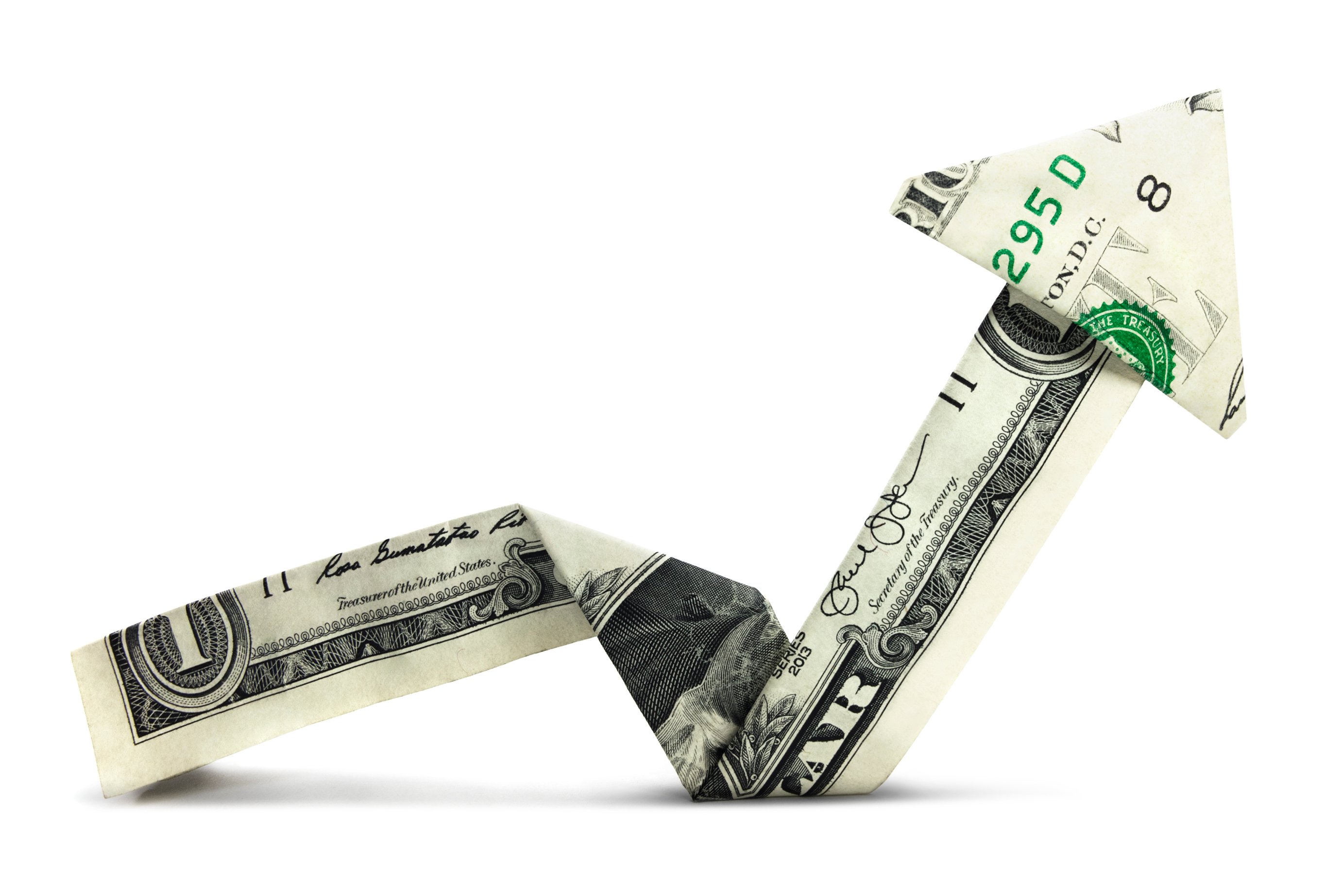Pandora Media (P +0.00%) was the first big player in the digital music-streaming space, but it has quickly fallen behind on-demand streaming competitors.
In this clip from Industry Focus: Tech, Motley Fool analyst Dylan Lewis and senior tech specialist Evan Niu explain how players like Spotify and Apple (AAPL 0.13%) Music have picked up Pandora's slack to become market leaders, how Pandora is just now starting to try to close that gap, and what management has said on the matter.
A full transcript follows the video.
This video was recorded on June 30, 2017.
Dylan Lewis: The push for the company over the next couple years is going to be on-demand streaming in the United States. And that space is absolutely dominated by Spotify and Apple Music right now.
Evan Niu: Right. None of these companies break out their user numbers geographically. But at a high level, Spotify has 50 million paid subscribers, about 90 million free ad-supported users. Apple Music is at 27 million paid subscribers, does not offer a free ad-supported tier, so zero free users. Whereas Pandora is at under 5 million paid subscribers, less than 10% of Spotify, and has about 70 million free ad-supported users. And they haven't really grown that much in terms of the total number of users. Pandora is not a growth company, in terms of attracting users, because everyone is going to Spotify now for music. And that's very specifically because they haven't had this on-demand aspect. Chopra actually spoke at a Bernstein conference earlier this week right after the announcements, and he basically said Pandora's strategy is to "nail the passive listening experience." Which, music streaming is split between active and passive. Some people like passive. I personally like passive more. A lot of people like active, too. You need to have both. You need to have the on-demand active listening side. I think Pandora's mistake has been focusing too much on the passive side, which is why they're in this predicament. So it's kind of weird that he's still like, "We need to do the passive side really well." Like, that was never your problem. Your problem was lacking the on-demand.
Lewis: Right. I think part of the problem, too, is that Spotify has done such a good job with their curated playlists, and delivering people, on a weekly basis, new music to check out, new Discovery playlists. That is passive, in a sense. It's not something that you're actively curating. And it might be kind of a discovery engine for listeners, which is exactly what I think Pandora is for a lot of people. We talked about how they have tens of millions of users total, not necessarily paid. But, a lot of those people might be using another on-demand streaming service in addition to Pandora. So, it's not like they're going to be able to convert that entire user base over to on-demand streamers.
Niu: Right, exactly. Everyone has passive radio curation. That was also a big part of why Apple bought Beats, not just the algorithmic side, but the human side. They had a whole team of human editors and curation team, including people like Trent Reznor --
Lewis: Nine Inch Nails, right?
Niu: Right, exactly, which is kind of crazy, because I grew up listening to Nine Inch Nails and now he's an Apple executive. Which is a funny thing to come full circle on. So, everyone has had this passive radio curation. Spotify and Apple Music both work to make sure they're able to deliver the radio side that basically competes directly with what Pandora has. But Pandora never turned around, until just a few months ago, and expanded into the active side, the on-demand side. So, everyone wants to have both, and Spotify and Apple are working hard to provide both, whereas Pandora did not. It's not really surprising that they're slipping. Whether or not they can turn it around and bring it back, they're really facing an uphill battle, especially in terms of paid subscribers. The recording industry highly prefers paid subscribers, because they don't want people assuming music should be free, just as far as a value perception. And the fact that Pandora is so weak in terms of actually getting people to pay up, it doesn't really put them in a good position with the record labels, either.
Lewis: Right. I think if you're an investor looking from the outside-in here, and you don't have a stake in Pandora, my guidance would be to stay away. [laughs] You basically have this business that's going through a major leadership shake-up, they're scrapping expansion plans, they're focusing on a core product, and like I said, they sold off this performing asset in Ticketfly so that they could build up their cash hoard. Things are really messy at the company right now, and I don't think that's going to change anytime soon. I'm not planning on selling my shares anytime soon, because I think there's a possibility that maybe they get bought at some point, or there's some blip that gives them a little bit of upside, but I certainly wouldn't be buying in now as an investor.
Niu: Yeah, I've never liked Pandora's business model, honestly. And it's not like things have gotten better. [laughs] Like we've been talking about. It's just been getting worse. I would definitely be staying away, too.







